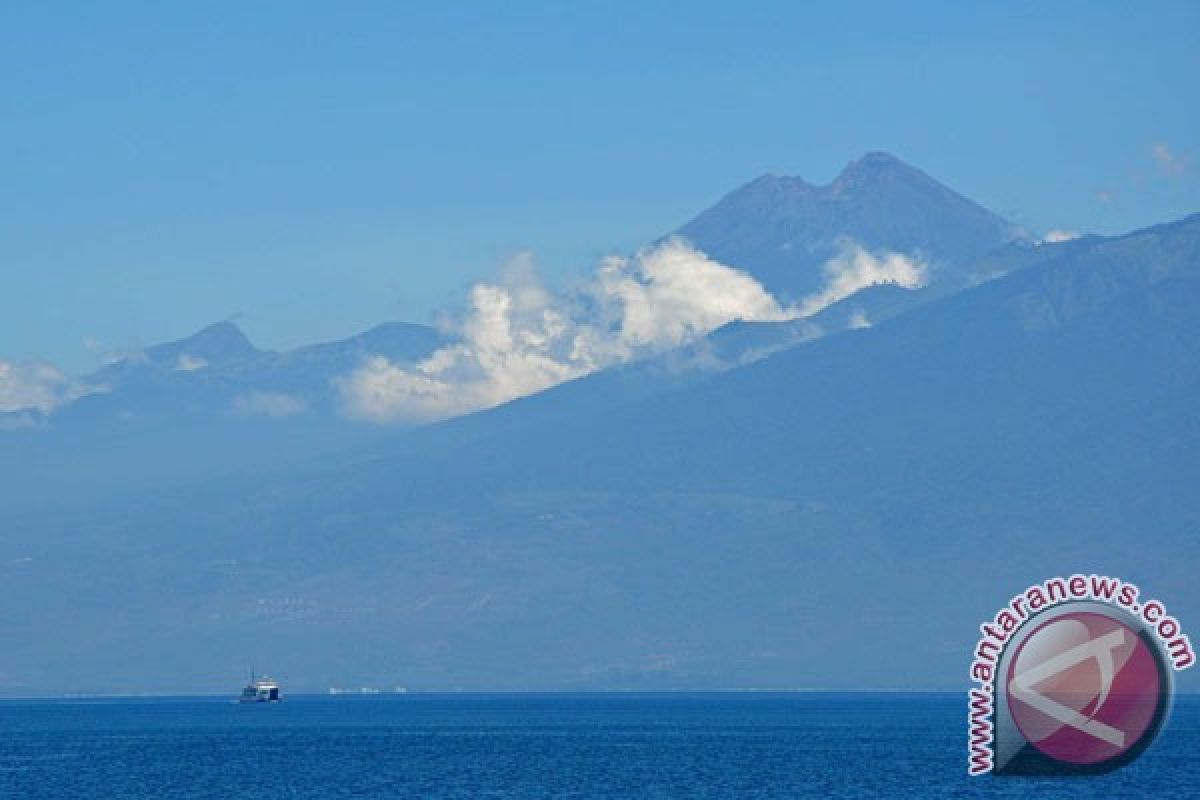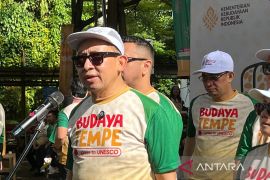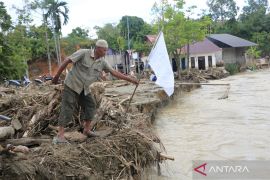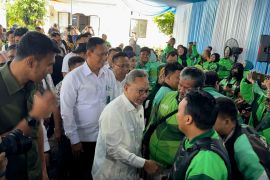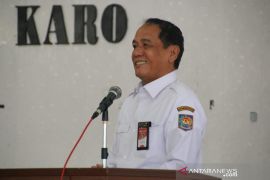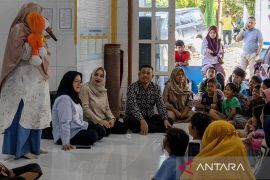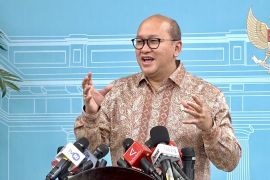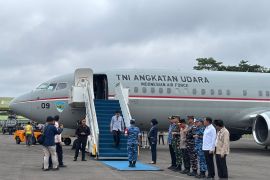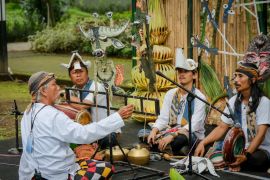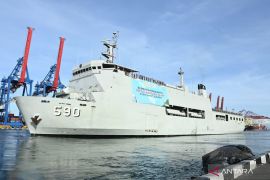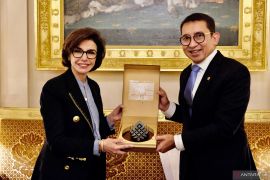Grouped in the Bakara Nusantara Movement, the youths through the Sangkabira Waste Management program and the Alumni Grant Scheme from the Austrian government, focus their activities on plastic waste recycling and agricultural waste processing into a plantation medium for mushroom culture.
"A training on the agricultural waste processing into oyster mushroom cultivation has been held since April 13 in cooperation with Myotech group from Bandung as a partner, attended by 20 students," said Baraka Nusantara founder Siti Maryam Rodja in a press release received in Jakarta, Sunday.
This training successfully created several groups of young mushroom farmers who have managed to produce oyster mushrooms that have been sold to the community.
The 20 participants are trained to introduce the system to other students in four villages. Up to now 115 high school / senior high school (Vocational School) students have been provided with knowledge on agricultural waste processing science.
This cultivation activity even produces a unique mushroom variety of pink oyster mushroom, whereas mushrooms sown in
the baglog are white oyster mushroom and brown oyster mushroom. This new variety is expected to increase the selling value of mushrooms produced by the group Sangkabira Waste Management.
In addition, on 5-7 July 2018 Baraka Nusantara conducts plastic waste management training in collaboration with Precious Plastic Indonesia.
Bakara Nusantara targets 20 youths from four villages in Sembalun Sub-district. The activity will be followed by promotion of plastic waste processing in the next five places with the target of 185 youth participants.
"It is expected that more people will participate in this program because this program has the effect of decreasing the amount of garbage, cleaning environment and creating entrepreneurship for students and youth because the fund generated from the waste product is partly allocated to support education in Sembalun Sub-District," said Siti.
The background of the waste management movement by Baraka Nusantara was the fact that the amount of waste from the Mount Rinjani climb activities reached 13 tons in 2016.
As a tourist destination for tens of thousands of local and foreign tourists every year, Mount Rinjani was climbed by more than 90 thousand people in 2016. This number far exceeded the population of District Sembalun which is only 19 thousand people.
"The tourism sector does seem to promise economic benefits to the local people, but on the other hand, tourism also has a negative side that raises social problems that is environmentally destructive waste," said Siti.
Not only the trash from climbing, the condition in Sembalun subdistirct is worsened by the absence of temporary garbage dumps so that household waste and agricultural waste are often disposed of in rivers and forests, or burned.
Reported by Yashinto Difa
(A014/H-YH)
(TZ.SYS/A/A014/A/H-YH)
Reporter: antara
Editor: Heru Purwanto
Copyright © ANTARA 2018
